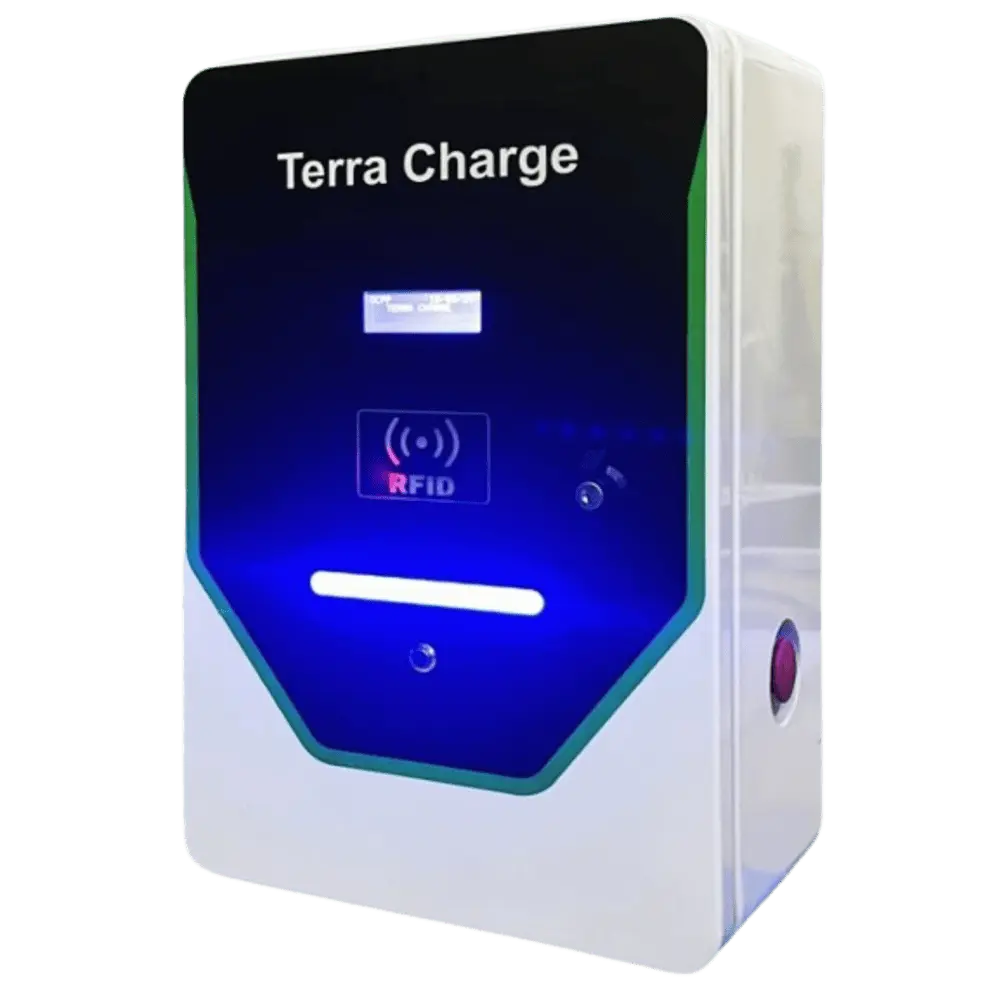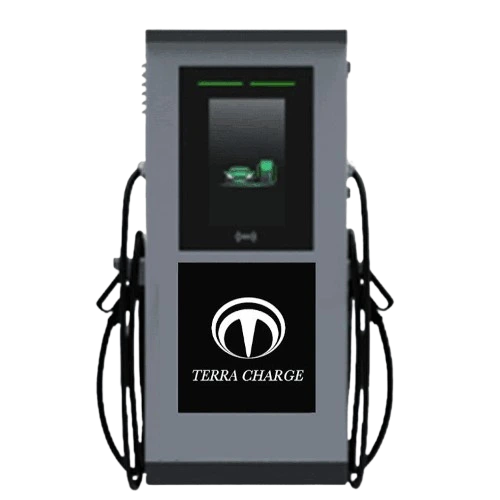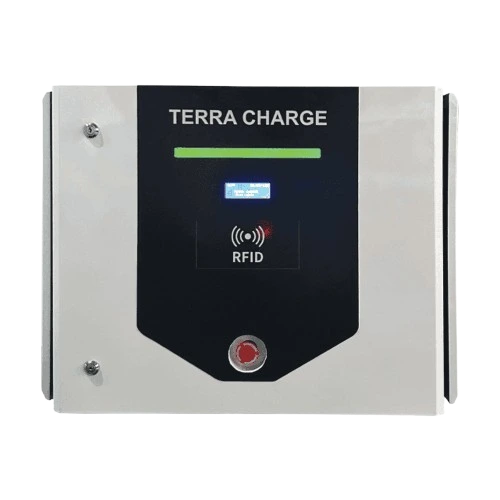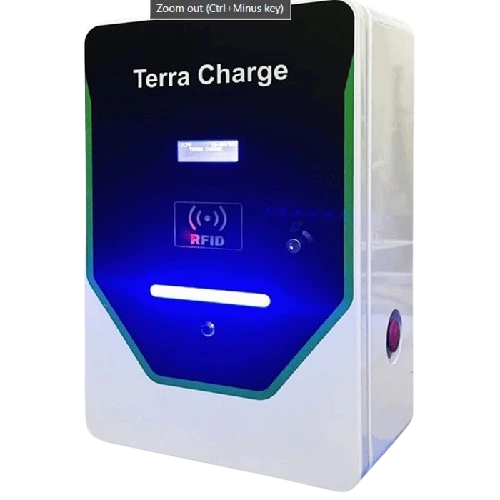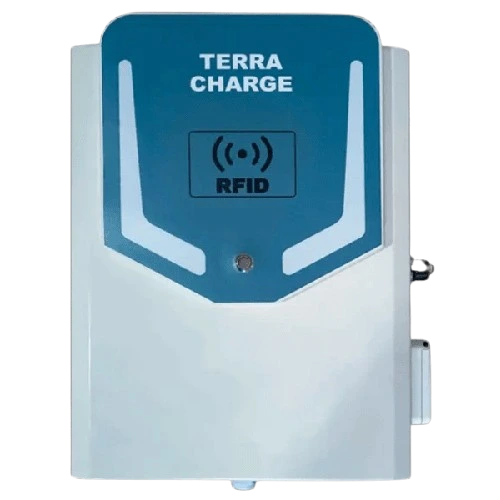In comparing fuel cells to battery capacity it is important to understand their fundamental differences for optimizing vehicle performance and energy efficiency. Let us understand both the capacities, measuring unit and importance in detail.
| Aspect | Fuel Tank Capacity | Battery Capacity |
| Definition | Volume of liquid fuel stored for combustion | Amount of electrical energy stored for use |
| Measurement | Liters (L), gallons (gal), etc. | Watt-hours (Wh), kilowatt-hours (kWh), etc. |
| Importance | Influences driving range and refueling needs | Determines device performance and usage duration |
| Usability | Provides immediate energy for combustion engines | Delivers energy over time for various applications |
| Weight | heavier due to liquid fuel | Generally lighter, varying with battery chemistry |
| Refueling/Recharging Time | Quick refueling times for liquid fuel | Longer recharging times, but improving with tech |
| Downtime | Minimal downtime due to quick refueling | Longer downtimes for recharging, but reducing |
| Cost | Cost varies with fuel prices and tank size | Initial cost is higher, but saves in long term |
| Infrastructure | Requires fuel stations for refueling | Charging infrastructure needed for recharging |
Fuel Tank Capacity
Fuel tank capacity refers to the volume of fuel that a vehicle’s fuel tank can hold at maximum capacity. It is measured in units such as liters (L) or gallons (gal) and represents the amount of fuel that can be stored onboard a vehicle for powering its engine. In some regions, it may also be measured in other units such as cubic meters (m3) or barrels (bbl), although liters and gallons are the most widely used units.
The fuel tank capacity of a vehicle is an important factor that directly influences its driving range and convenience for the user. A larger fuel tank capacity allows the vehicle to travel longer distances without the need for refueling, which is particularly beneficial for long-distance travel or in areas with limited access to fuel stations.
Battery Capacity
Battery capacity refers to the amount of electrical energy that a battery can store and deliver over a specific period. It indicates the total energy storage capability of a battery and is crucial for determining its performance and usability.
Battery capacity is typically measured in units of watt-hours (Wh) or kilowatt-hours (kWh). These units quantify the total amount of energy that a battery can store and deliver.
Importance of Battery Capacity
- Performance Assessment: Battery capacity is essential for evaluating the performance of devices or systems powered by batteries. It indicates how long a device can operate before requiring recharging or replacement.
- Usability: The capacity of a battery directly impacts its usability. Higher capacity batteries can store more energy, providing longer operating times and reducing the frequency of recharges or replacements.
- Energy Efficiency: Understanding battery capacity helps optimize energy usage and efficiency. It allows users to select batteries with sufficient capacity to meet their energy requirements without excess waste.
- Range Estimation: In applications such as electric vehicles, battery capacity determines the vehicle’s range on a single charge. Knowing the battery capacity helps drivers plan their journeys and manage their energy consumption effectively.
- Cost-Effectiveness: Battery capacity influences the cost-effectiveness of battery-powered devices or systems. Optimal capacity ensures adequate energy supply while avoiding unnecessary expenses on oversized batteries.
Difference Between Fuel Tank Capaity and Battery Capacity
The primary difference between fuel cells and batteries lies in their fundamental operation: a battery stores energy for later use, while a fuel cell generates energy by converting available fuel. Additionally, here are five more distinctions, particularly relevant for heavy-duty transport applications:
Weight
- Fuel cells, utilizing hydrogen, offer a weight advantage over batteries for long-range trucks, enabling lighter powertrains.
- For an 800 km range truck, the weight difference can be as much as 2 tons, allowing fuel cell technology to accommodate longer driving ranges and heavier payloads.
Distance
- Fuel cells excel in refueling time, taking only 15 minutes for a class 8 truck, compared to hours for recharging batteries.
- This rapid refueling capability makes fuel cells suitable for vehicles with multiple shifts and better equipped to handle temperature variations during long trips.
Downtime
- Battery-dependent fleets face downtime during recharging breaks, whereas fuel cell-powered vehicles experience minimal downtime due to quick refueling.
- Fuel cell technology also boasts robustness, requiring less maintenance compared to batteries and combustion engines.
Cost
- Studies suggest that hydrogen fuel cells offer lower-cost options for decarbonizing medium and heavy-duty road transport compared to batteries.
- While fuel cell technology faces initial cost challenges with expensive catalyst materials like platinum, advancements in R&D are reducing material requirements.
Infrastructure
Both fuel cells and batteries face infrastructure challenges, with high-power charging solutions needed for batteries and availability and distribution issues for hydrogen fuel cells.
Advancements in R&D, particularly in technologies like electrolysis and liquid organic hydrogen carriers, show promise in addressing hydrogen transportation and distribution challenges.
Conclusion
Fuel tank capacity and battery capacity are necessary for vehicle operation. While fuel tanks store liquid fuel for combustion engines, batteries store electrical energy for various applications. Understanding the differences between them, including weight, refueling time, downtime, cost, and infrastructure requirements, helps in selecting the most suitable power source for different vehicle types and applications. Despite their distinctions, both technologies play important roles in advancing clean and sustainable transportation solutions for the future.


